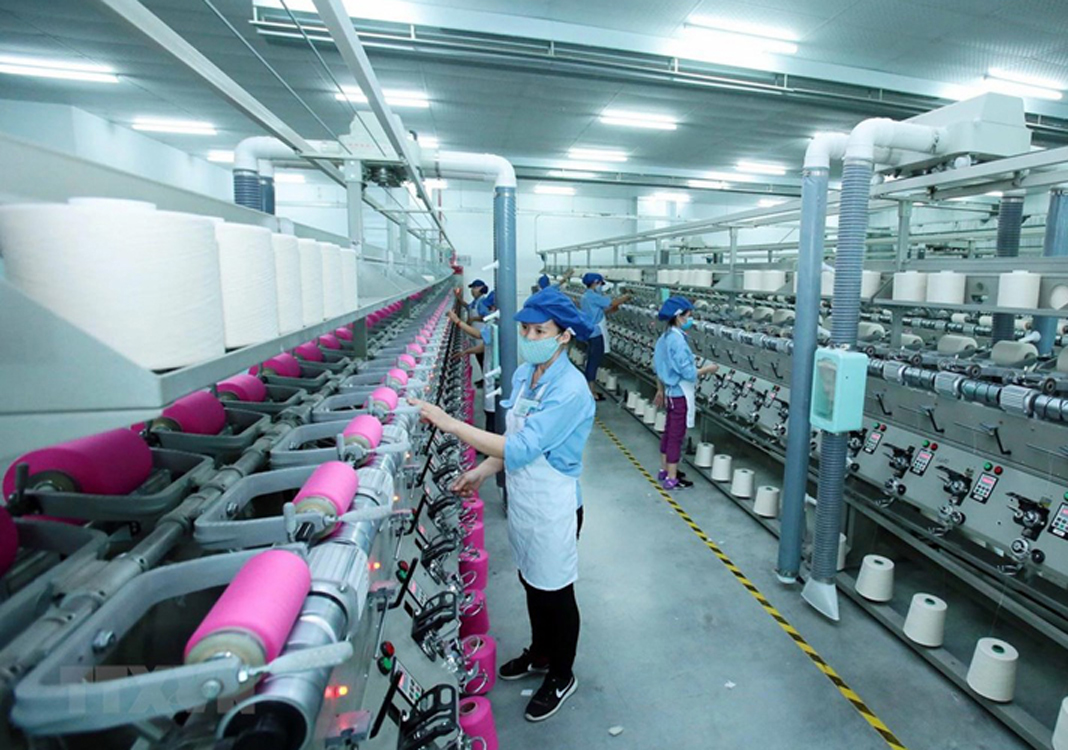HCMC – In the first four months of the year, US$5.5 billion was disbursed for foreign direct investment projects, up 6.8% year-on-year, despite the Covid-19 pandemic, according to the Ministry of Planning and Investment’s Foreign Investment Agency.
In the four-month period, Vietnam’s total foreign investment approvals amounted to US$12.25 billion, equivalent to 99.3% of the figure recorded in the same period last year, Lao Dong newspaper reported.
Data showed that 451 FDI projects worth US$8.5 billion got investment certificates, plunging 54.2% in number but up 24.7% in value against the same period last year. Foreign investors got the nod to inject an additional US$2.7 billion into 263 operational projects.
Long An attracted the largest investment of nearly US$3.3 billion, accounting for 26.9% of the country’s total.
Can Tho City was second with over US$1.3 billion, followed by HCMC with US$1.1 billion.
Do Nhat Hoang, head of the Foreign Investment Agency, said investors poured capital into 17 sectors, of which the processing and manufacturing sector took the lead in terms of foreign investment attraction with US$5.2 billion, accounting for 42.4% of the total.
The electricity production and distribution sector came in second with US$5.1 billion, followed by the real estate sector with US$778 million.
The average capital injected into a project increased to US$18.7 million, much higher than that of the same period last year, at US$6.9 million.
Among the 67 countries and territories investing in Vietnam, Singapore was the largest investor with US$4.8 billion, followed by Japan with over US$2.5 billion and South Korea with nearly US$1.5 billion.
Associate Professor Dr. Nguyen Thuong Lang, an economic expert, said FDI was an extremely important source for the country’s growth despite the rising contributions of the private sector and the State.
Projects of Singaporean, South Korean and Japanese investors have met requirements on environmental protection, so the increase in FDI is a positive signal for Vietnam’s economy, Lang affirmed.
Meanwhile, Associate Professor Dr. Dinh Trong Thinh from the Academy of Finance said FDI had been mainly poured into the processing, manufacturing and energy sectors. The quality of FDI resources depends on investors’ technologies, the investment in separate projects and their connection with the global chains and domestic firms.









